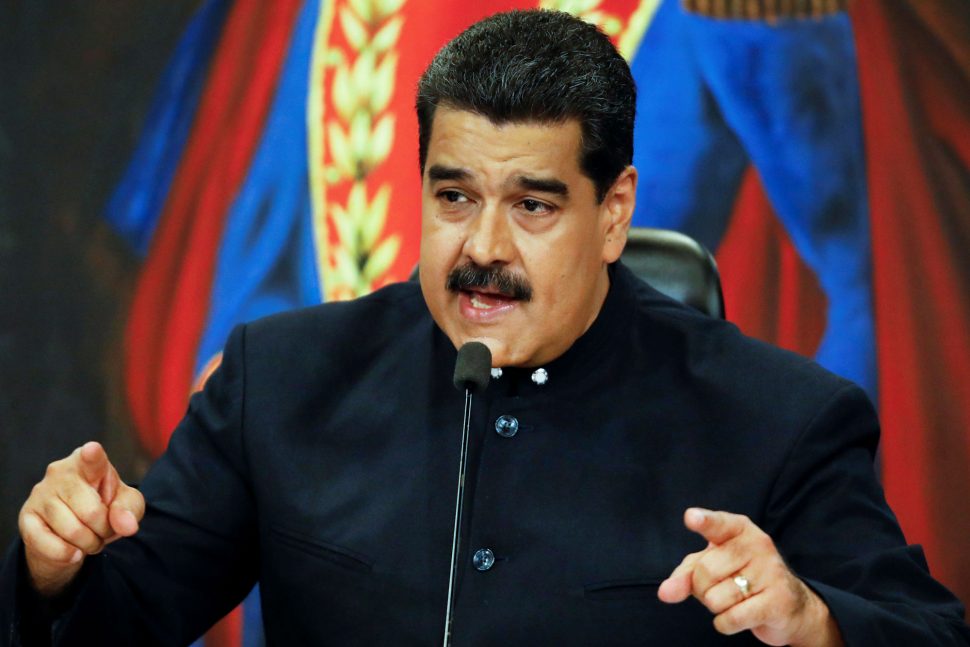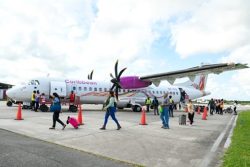CARACAS, (Reuters) – Venezuelan President Nicolas Maduro warned yesterday that strict price controls on basic goods could return, as the coronavirus outbreak and an acute gasoline shortage prompt inflation to accelerate.
The socialist government last year relaxed enforcement of price controls, which had been in place for nearly two decades, to allow the private sector to play a greater role in the import and sale of goods in the face of U.S. sanctions designed to oust Maduro, accused of corruption and human rights violations.
But in recent weeks, prices have begun to spike, in part because gasoline shortages – the result of years of lack of maintenance and investment at the OPEC nation’s refineries, and more recently due to the sanctions – have complicated the transport of products.
“I have given precise instructions to tackle speculation by those sectors of the economy that do not want to cooperate with the country,” Maduro said in a state television address. “All the mechanisms to regulate and monitor production, costs and prices are activated.”
Venezuela is in a sixth year of a hyperinflationary economic collapse, which economists attribute to rampant money-printing to cover gaping fiscal deficits and heavy state intervention in the economy.
Maduro frequently blames U.S. sanctions and alleged opposition sabotage for the country’s woes.
Maduro’s steps toward liberalizing economic policy last year have not turned around the economy. According to the opposition-held National Assembly, interannual inflation is running at 3,365%. The government does not regularly publish economic indicators.
While that figure is lower than the peak of hyperinflation in 2018, there are signs that inflation is starting to pick up. The cost of one kilo of meat in Caracas has surged 72% in the past 30 days, according to Reuters calculations.
On Monday, authorities held meetings with several representatives of agricultural producers, and informed them they would create working groups to evaluate cost structures and food prices to consumers.
“Private economic actors need to get serious, because they are dealing with revolutionaries,” Maduro said. “We are ready to make decisions and find solutions.”






